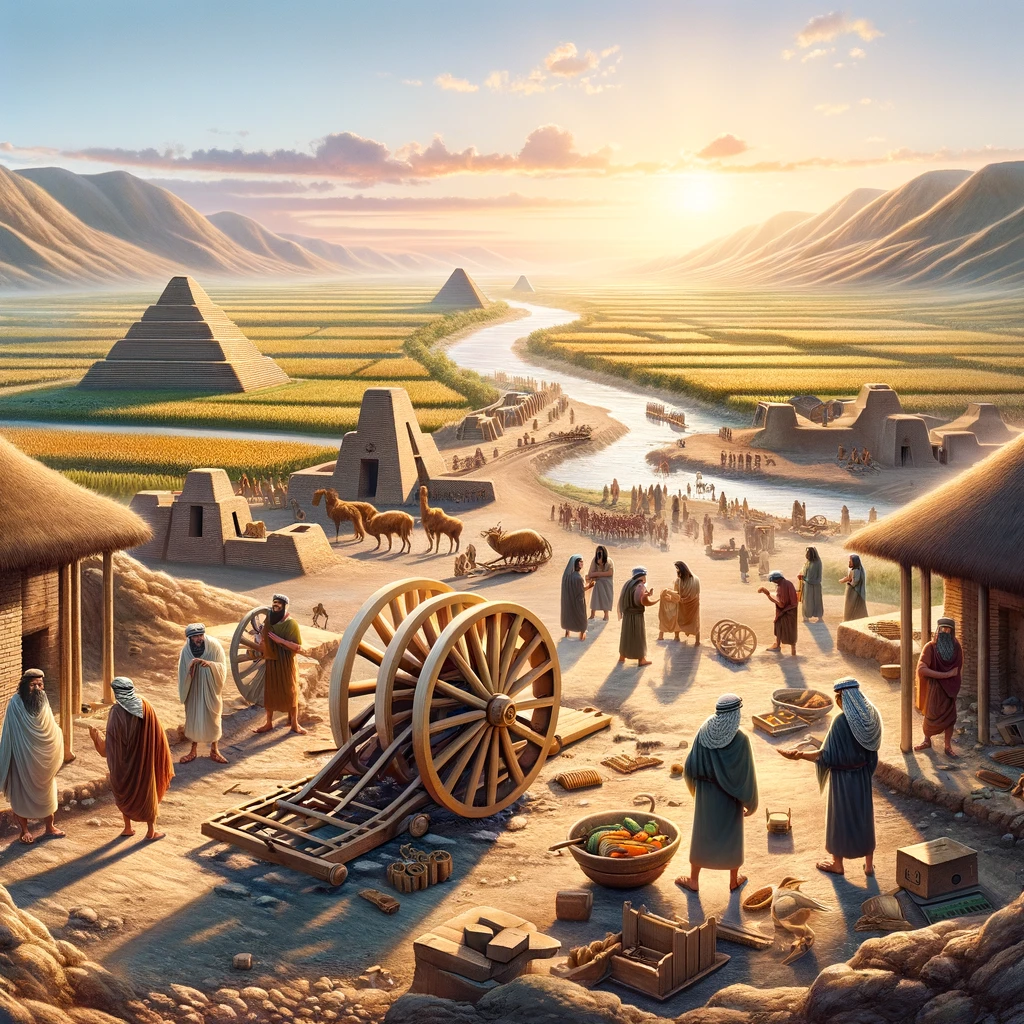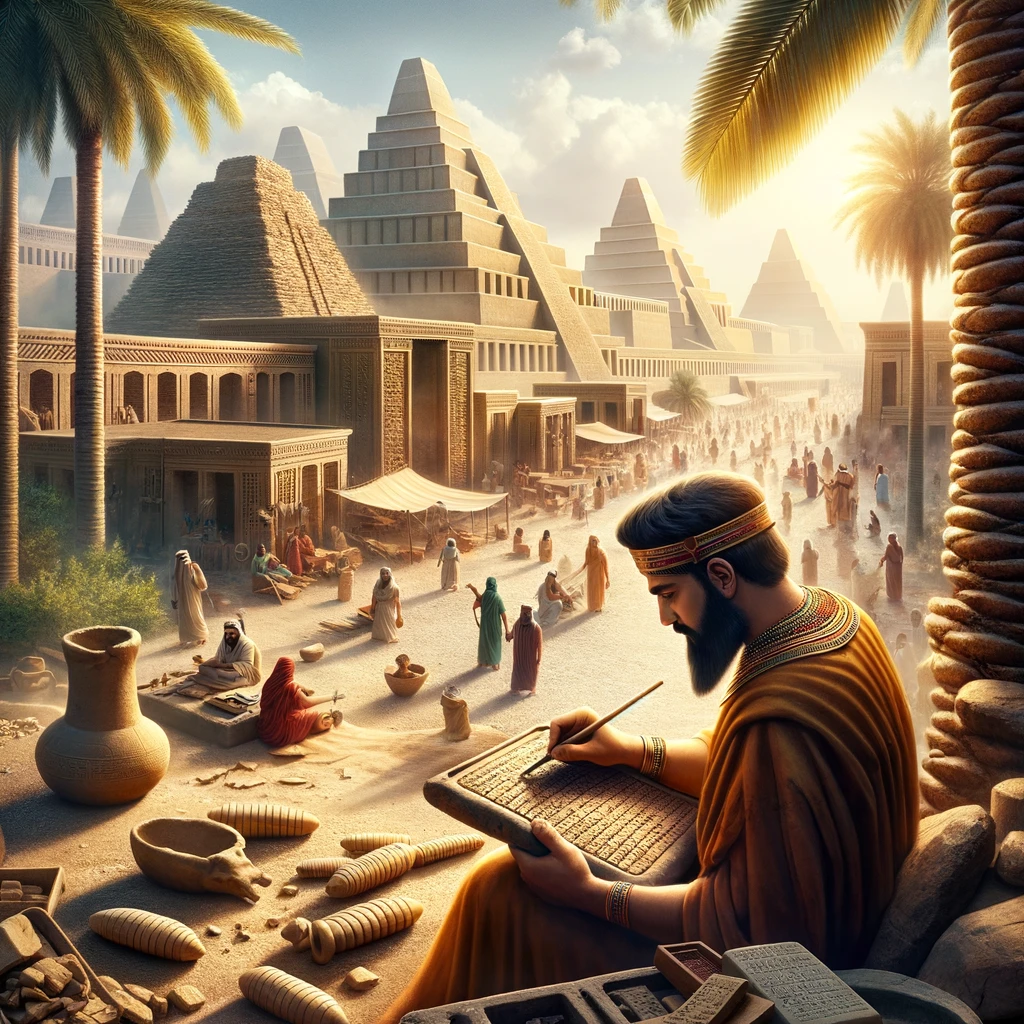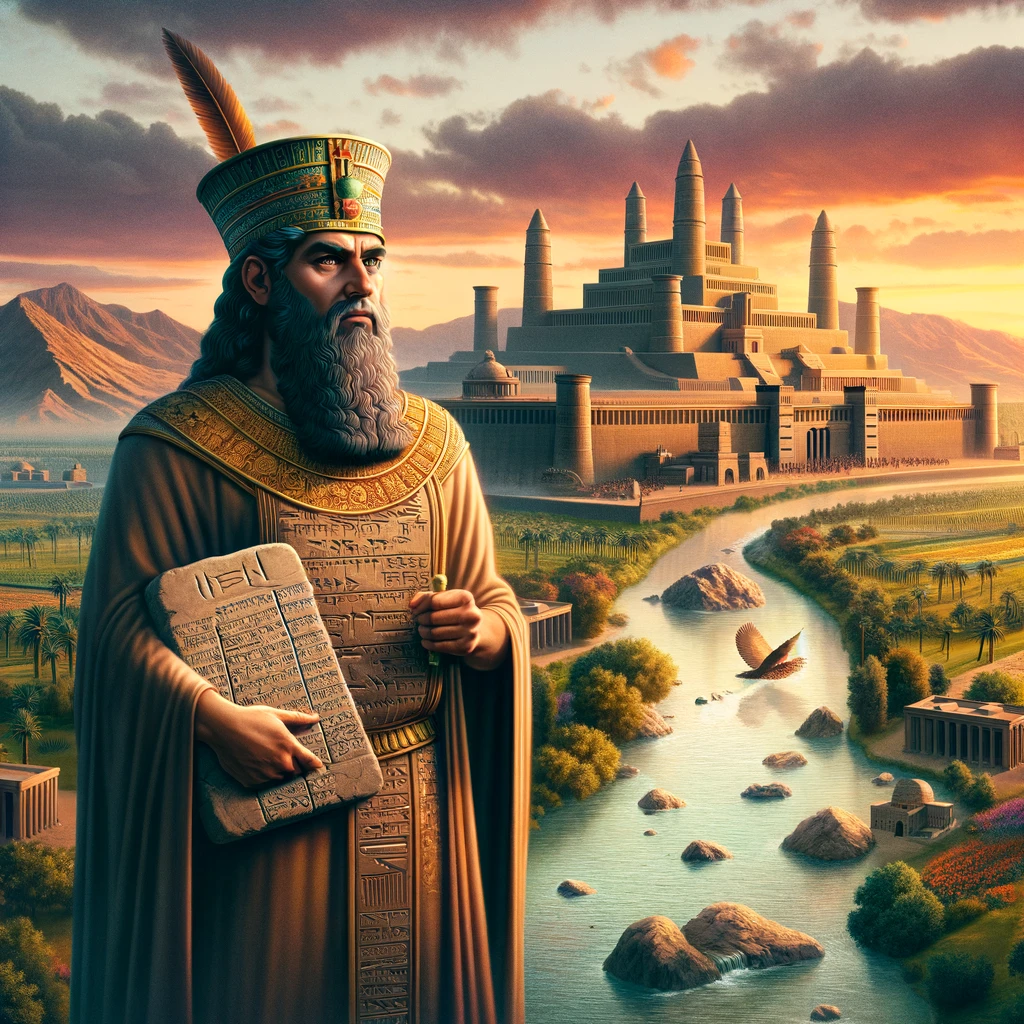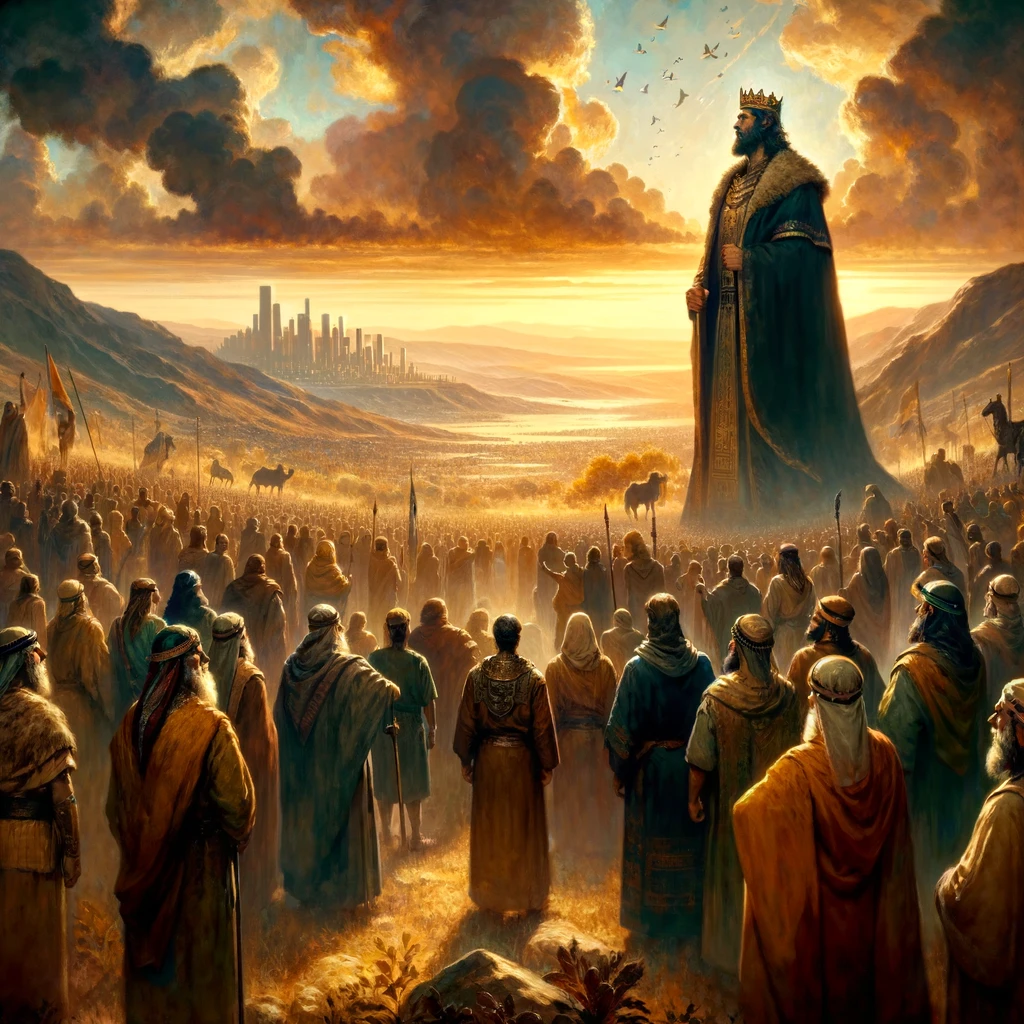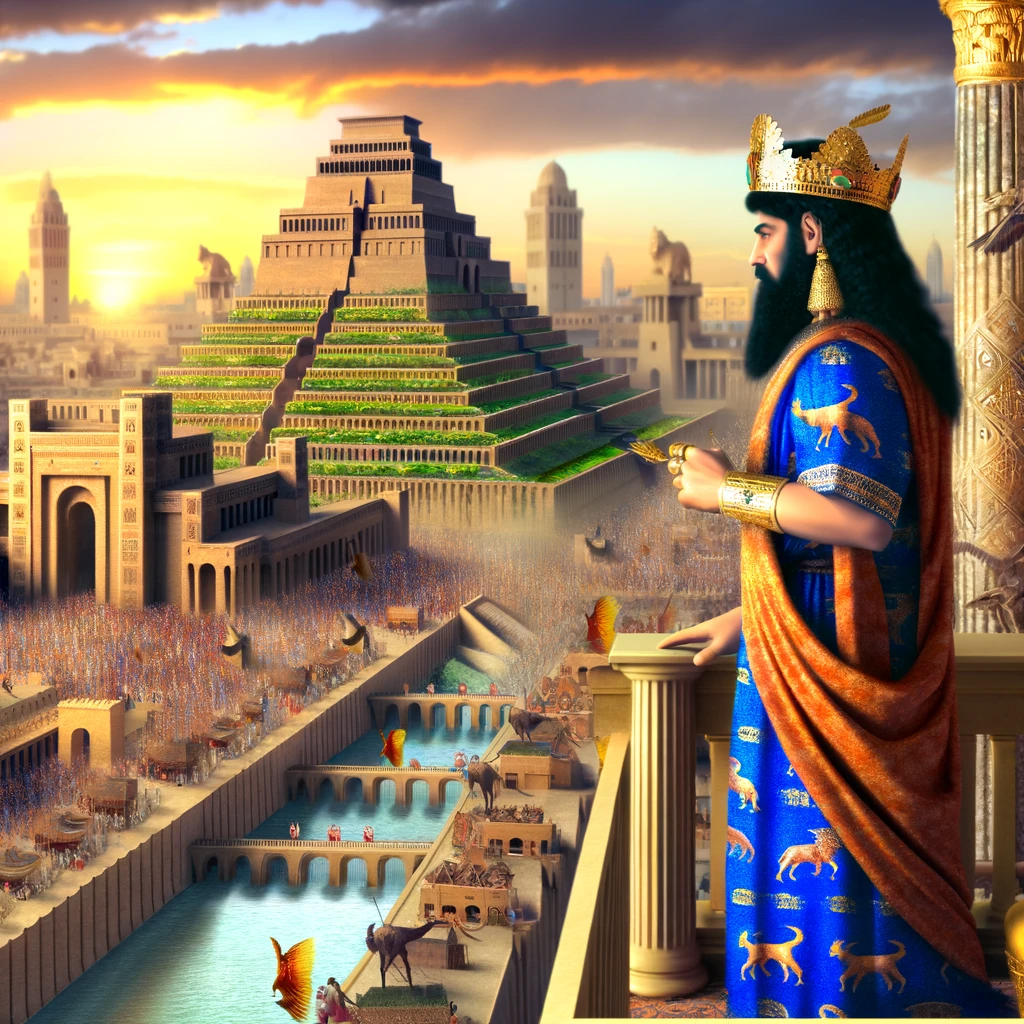c. 5000 BC || Settlements Grow Along the Nile River
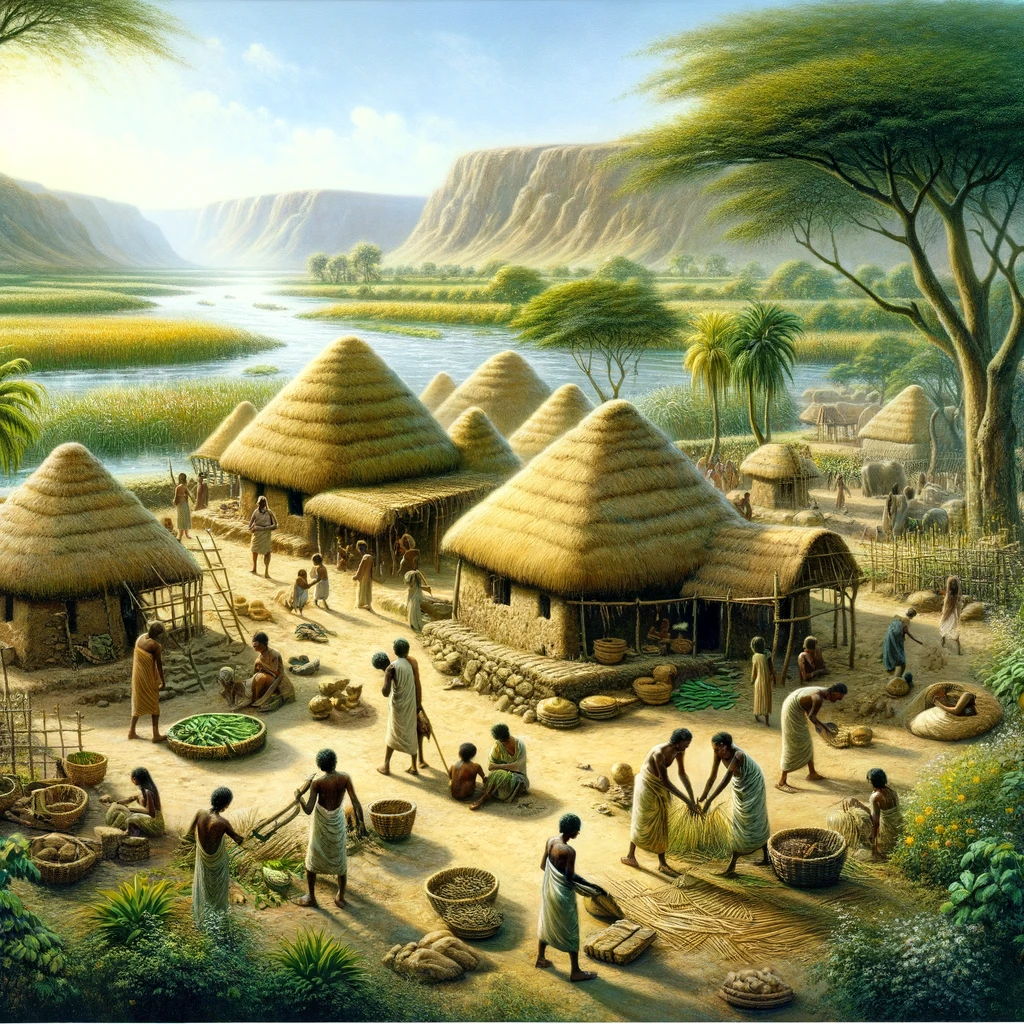
c. 5000 BC || Settlements Grow Along the Nile River In the ancient world, the Nile River was more than just a water source—it was the lifeblood of the civilization that thrived along its banks. Around 5000 BC, settlements began to emerge, marking the start of a new era in Egyptian history. As the fertile soil provided by the annual flooding o...
